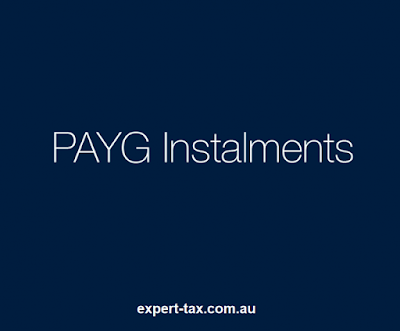BUSINESS SUPPORT FUND – TAX CONSEQUENCES

Business Support Fund – Tax Consequences A government payment to assist a business to continue operating is included in assessable income. This will include assistance provided as a one-off lump sum or a series of payments. For businesses operating on: an accruals accounting method – the income will be derived when the right to the government payment arises a cash accounting method – the income will be derived when the government payment is received. Generally, you do not have to pay GST on grant funding unless you provide something of value in return for the payment. Providing something of value for the payment can include entering into a binding legal obligation to do something or refrain from doing something in order to receive the payment. Example – Cash payment for running business Bharat operates a local café which employs five full time and 10 casual workers. As a result of COVID-19 the café is closed for two months ...









